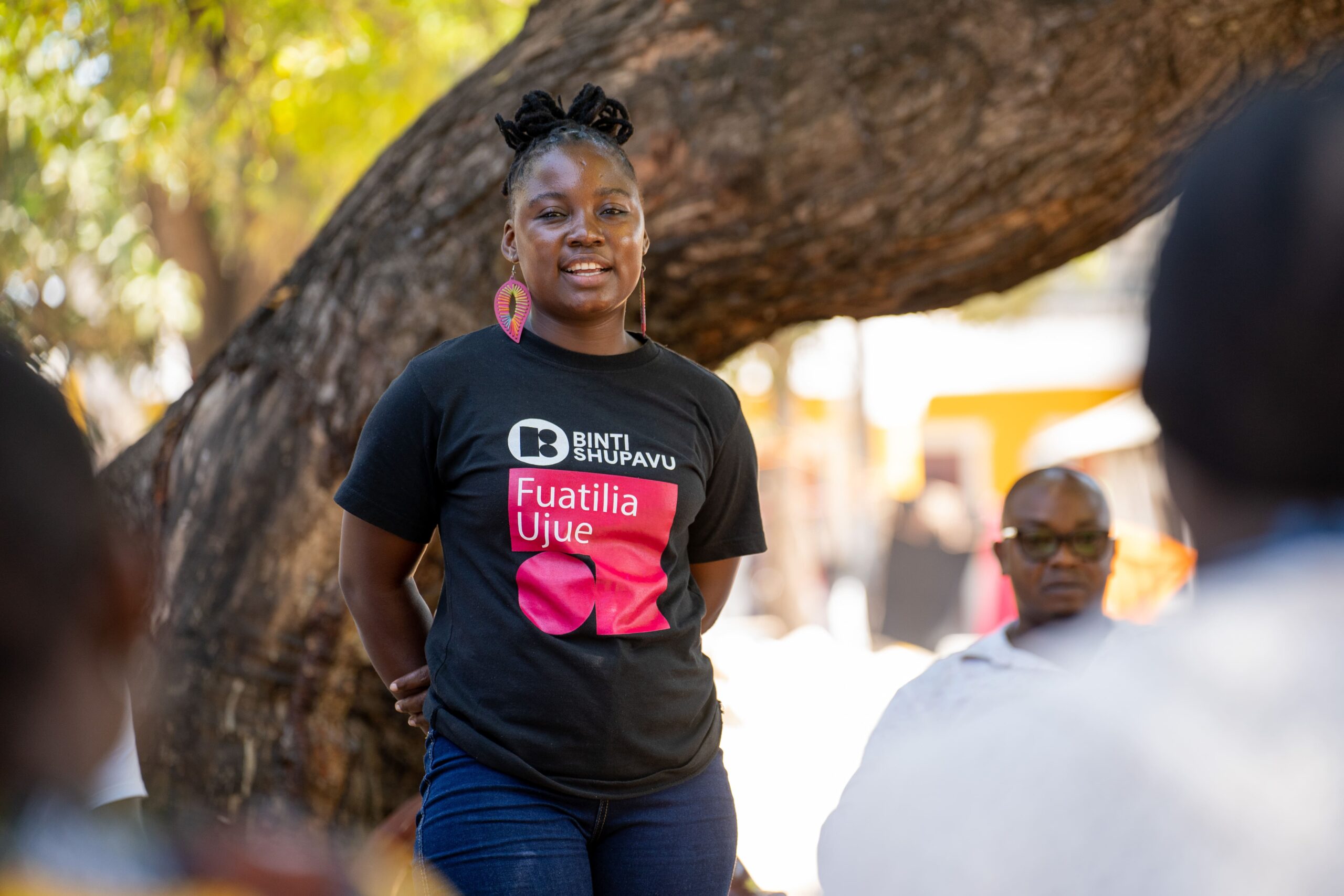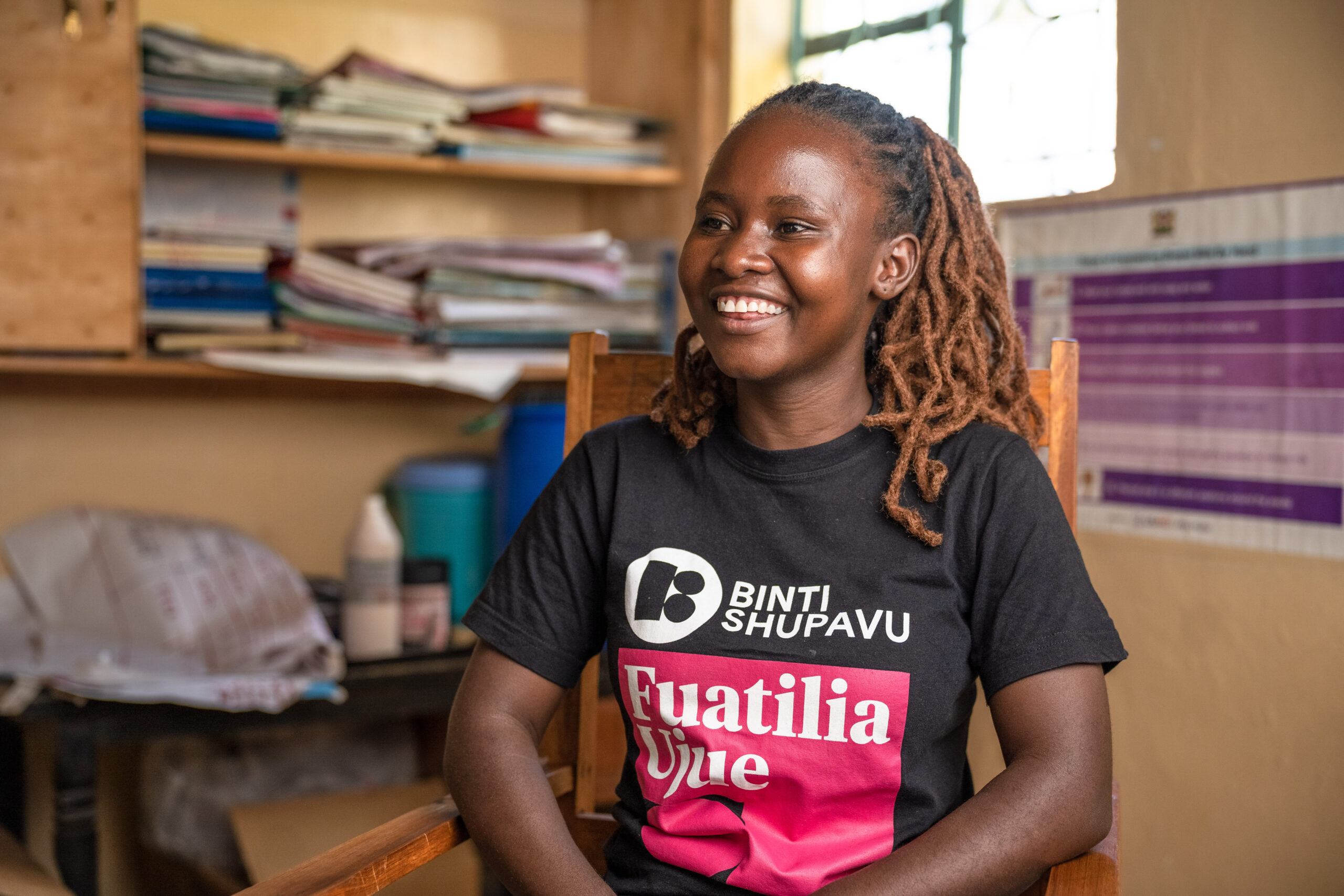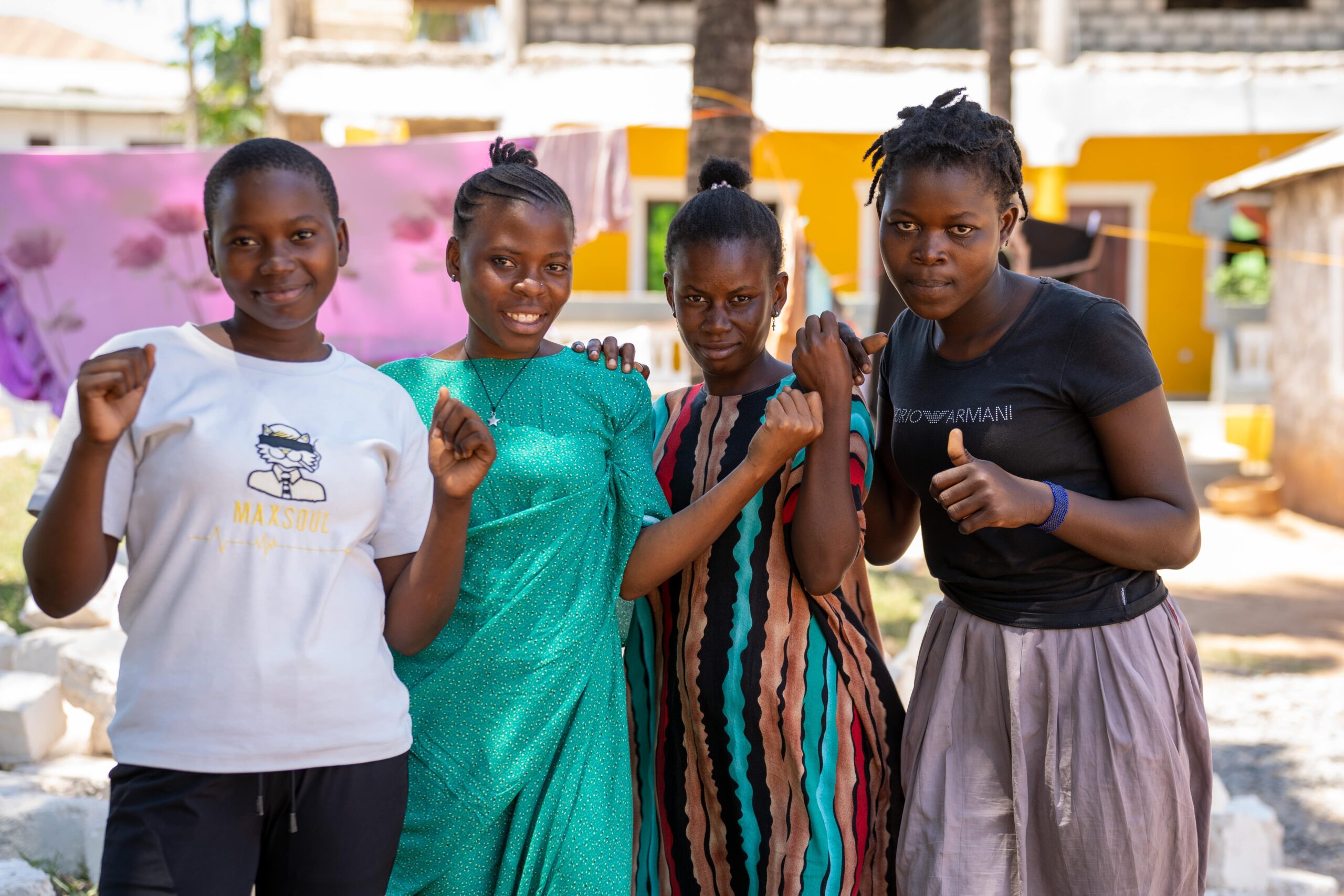OUR REACH AND IMPACT
186,459
new users of modern contraception reached
67,438
continuing users of modern contraception reached
401
number of implementing sites
48%
of girls voluntarily taking up a long-acting method.
Data from October 2020 – October 2023.



